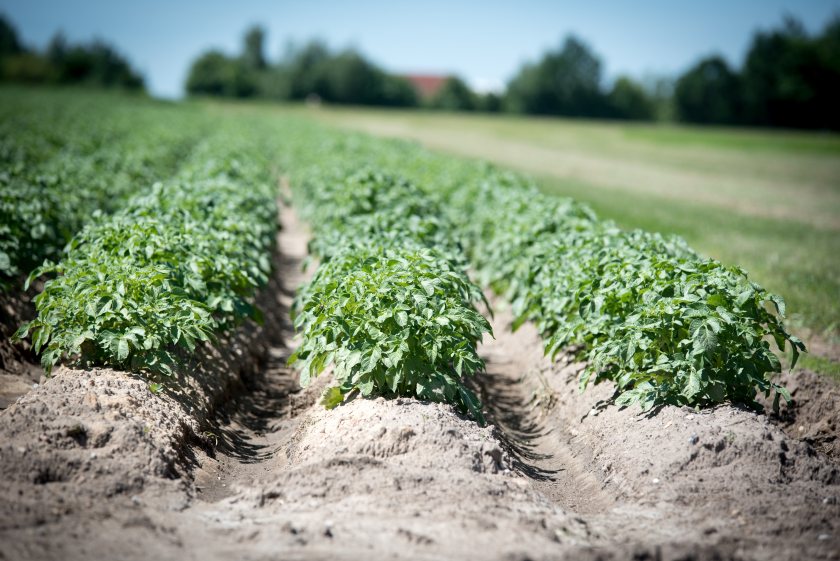Farming's new weapon: AI app to spot potato blight before it hits

Blight-busting tech is on the horizon as Welsh scientists develop a ground-breaking mobile app to detect deadly potato disease before it strikes.
The technology seeks to revolutionise disease detection in potato crops by delivering real-time, location-specific forecasts directly to farmers’ smartphones.
The aim is to combat potato blight—a disease responsible for 20% of global crop losses and costing the global economy £3.5 billion annually.
Blight, caused by the pathogen Phytophthora infestans, is one of the most destructive diseases affecting potatoes, capable of wiping out entire fields.
Traditional methods of detection rely on visual inspection—an approach that is labour-intensive, costly, and prone to human error.
Dr Edore Akpokodje, lecturer in computer science at Aberystwyth University, explained: “Our goal is to empower farmers with a tool which is not only scientifically robust but also practical and easy to use, and which delivers instantaneous, location-specific disease forecasts straight to their phones.
"By integrating farmer feedback from the outset, we will ensure that this technology is grounded in real-world needs and challenges.”
The DeepDetect project combines cutting-edge machine learning with agricultural expertise, aiming to reduce dependence on preventative spraying. In Wales alone, preventive treatment costs farmers up to £5.27m each year.
The team hopes the app will make disease management more targeted and sustainable, benefiting both the environment and farming resilience.
Potatoes remain a staple food crop worldwide and a vital part of Welsh agriculture, with more than 17,000 hectares devoted to potato farming across the country.
Dr Akpokodje added: “Addressing the challenge of early diagnosis of potato plant disease would boost productivity and reduce costs for farmers, while supporting more sustainable and targeted disease management.
"By decreasing reliance on pesticides, this approach benefits both the environment and the long-term resilience of the potato industry.
"The technology also has the potential for wider application across other crops, driving innovation in agricultural practices.”
Dr Aiswarya Girija, of the Institute of Biological, Environmental and Rural Sciences at Aberystwyth University, underlined the global importance of the project:
“Potatoes are the fourth most important staple crop globally, and optimal production is essential for a growing global population. Potato blight is therefore not just a farming issue – it’s a food security issue.
“As well as threatening the stability of food supplies, potato blight drives up production costs and reliance on environmentally harmful fungicides.
"The system we plan to develop will be capable of detecting early signs of disease before they become visible to the human eye, allowing for timely and targeted interventions.”
The project’s initial phase involves a feasibility study, funded by the Welsh hovernment's Smart Flexible Innovation Support (SFIS) programme.
This includes market research to assess existing early warning systems and identify what farmers in Wales need most from such technology.
To kickstart this phase, the DeepDetect team will be engaging with farmers, agronomists, and members of the public at the Royal Welsh Show this week via the Aberystwyth University stand.
Following the feasibility study, researchers will build an AI-driven prototype using image datasets of both healthy and infected potato leaves.
This will be followed by focus groups and workshops with farmers to ensure the app is both user-friendly and effective in the field.
The long-term ambition is to create a fully-fledged national Early Warning System for potato blight, with scope to adapt the technology to other crops and regions.








